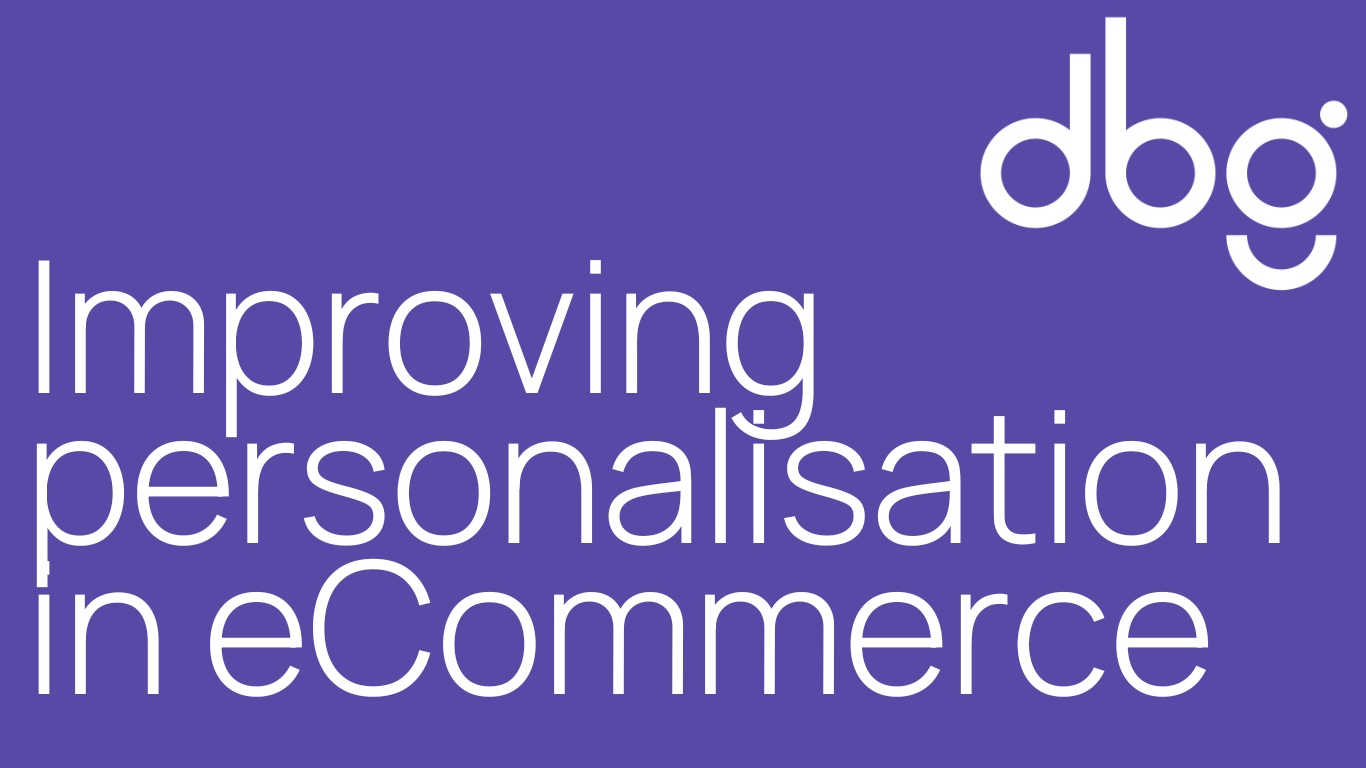 Improving personalisation in eCommerce starts with gathering and analysing customer data to create a more tailored shopping experience.
Improving personalisation in eCommerce starts with gathering and analysing customer data to create a more tailored shopping experience.
Data is the foundation of personalisation; every click, purchase, and product view provides valuable insights into customer preferences and behaviours.
Using analytics tools, businesses can segment customers based on demographics, purchase history, browsing patterns, and even geographic location. This segmentation allows for more targeted marketing strategies and personalised recommendations that are highly relevant to each individual customer. For example, recommending products based on previous purchases or suggesting complementary items can significantly increase conversion rates.
Artificial intelligence (AI) and machine learning (ML) tools play a crucial role in automating personalisation. Platforms like Shopify and Klevu offer AI-powered features that analyse customer behaviour in real-time, making it possible to adjust product recommendations, offers, and content dynamically. This level of personalisation goes beyond traditional segmentation by predicting future customer needs based on past actions. AI can help businesses provide a truly individualised experience, ensuring that customers see what’s most relevant to them, which can lead to higher engagement and loyalty.
Another key tactic is using dynamic content across websites and email marketing. Dynamic content changes in real-time based on customer interactions, meaning that what one customer sees may differ from another. This can include personalised product recommendations, personalised promotions, or tailored content that speaks directly to the customer’s preferences. Dynamic content also enhances email marketing, where personalised email campaigns can significantly improve open and click-through rates. By using data such as past purchase history or abandoned carts, brands can send personalised emails that encourage customers to return and complete a purchase.
Additionally, improving personalisation for mobile shoppers is essential, as more people are using mobile devices to make purchases. This requires a mobile-first approach where the shopping experience is optimised for smaller screens without compromising on personalisation. Features like personalised push notifications, location-based offers, and mobile-specific product recommendations can help businesses engage customers effectively on mobile platforms. Ensuring a seamless experience across all channels — from mobile to desktop to in-store — is critical for maintaining customer satisfaction and loyalty.
Finally, transparency and trust are key when it comes to personalisation. Customers are more likely to share their data if they trust that the brand will use it responsibly to improve their experience. Clear communication about how their data is collected and used for personalisation, along with easy-to-navigate privacy options, can help build this trust. Personalisation that respects the customer’s preferences and privacy not only enhances their experience but also strengthens long-term relationships.
By harnessing the power of data, AI, dynamic content, and mobile optimisation, eCommerce businesses can deliver highly personalised experiences that improve customer satisfaction, increase conversions, and foster loyalty.
